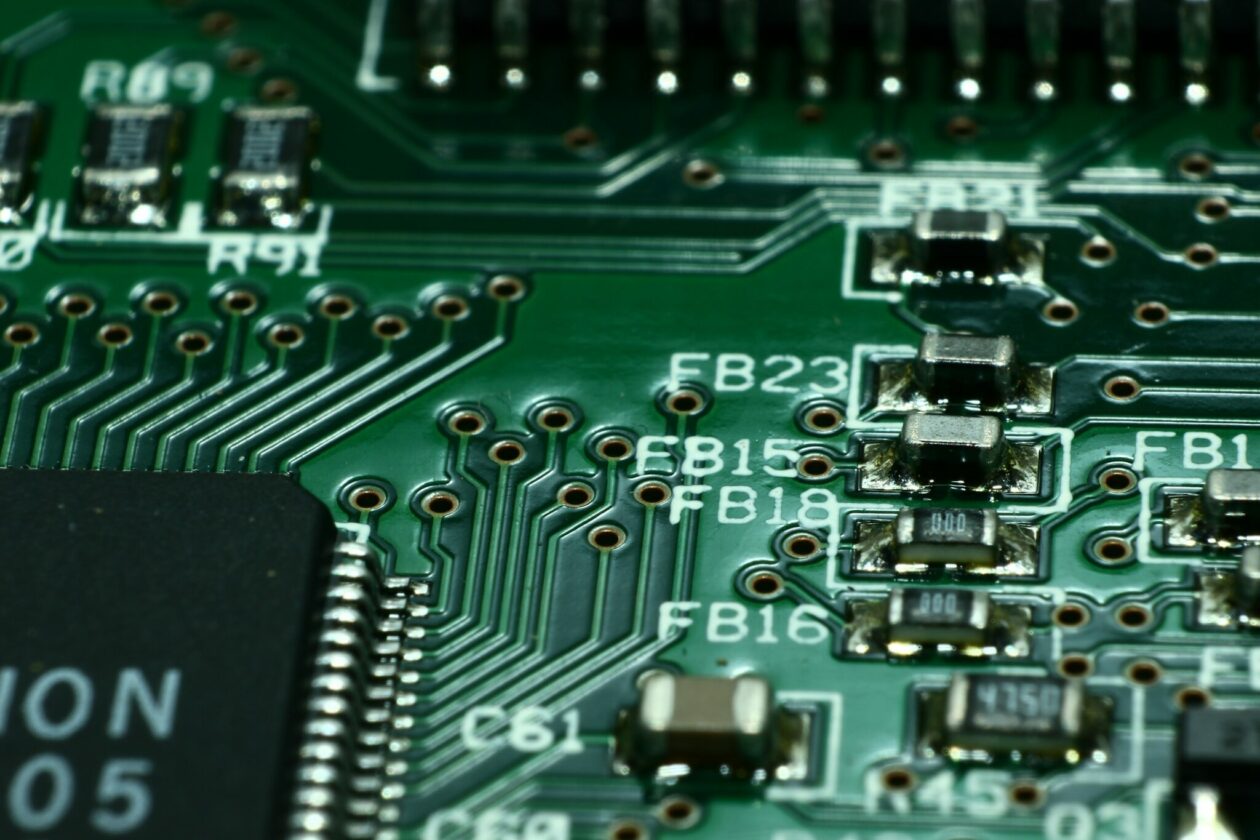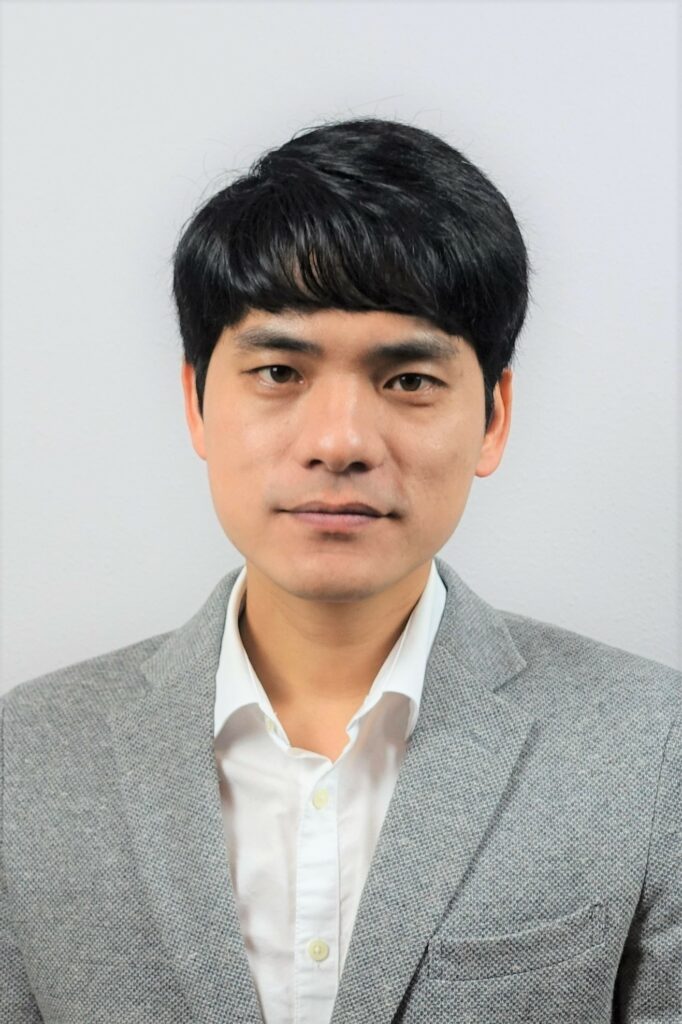Missouri S&T researcher wins Google Faculty Research Award
Posted by Nancy Bowles

Photo from Pexels-Pixabay

As electronic devices become more complex, the printed circuit boards (PCBs) they use need more components, including capacitors that prevent voltage fluctuations. Researchers say there is a gap between the theoretical understanding of the physics of designing and placing the capacitors and how to leverage that understanding to create the real product. That gap is the focus of research by Dr. Chulsoon Hwang, assistant professor of electrical engineering at Missouri S&T, and Google has recognized his work with a highly competitive Faculty Research Award.
The Faculty Research Award is an unrestricted gift of nearly $43,000. According to Google, the award recognizes research that will influence how future generations use technology and is structured as seed funding to support one graduate student for one year.
Hwang’s research uses machine learning to bridge the gap between the limits of PCB design theory and the requirements of more complex electronics. PCBs use decoupling capacitors, called decaps, to provide localized current to integrated circuits to decrease voltage fluctuations and prevent overheating, power loss and shorter life expectancy for devices. However, for mechanical, thermal and physical reasons, power distribution networks that employ PCBs have limited space for the capacitors, Hwang says. He adds that there is a lack of techniques or tools for designing practical PCBs with high numbers of decaps. Hwang says machine learning algorithms can help improve capacitor placement in practical board designs to save space for other components and to cut costs.
“As we develop the machine learning algorithm, we are working with Google engineers to apply the algorithm to their PCB designs,” he says.
Hwang applied for the Google Faculty Research Award knowing that he would be going up against worldwide competition. About 15% of applicants receive an award after a rigorous, months-long review process. Google announced the awards in March.
Leave a Reply